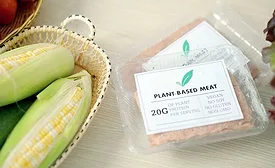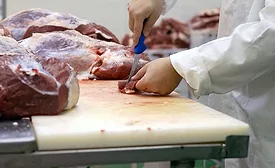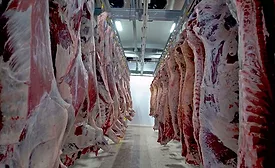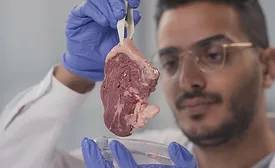Articles by Gry Carl Terrell M.Sc.
Nitrite has several functional purposes in meat, including the formation and conservation of a stable red color and the inhibition of growth of C. botulinum
Read More
Predictive Models for Ensuring Meat Safety and Quality
As more plant-based meat alternatives enter the market, the need for predictive models to predict the safety and shelf life of these products grows
February 17, 2025
Maximizing Protein Utilization: The Role of Animal Byproducts in Sustainable Nutrition
A promising solution to the growing global demand for protein lies in the efficient use of byproducts from the meat industry, which are rich in protein but often underutilized
October 10, 2024
Food Safety Versus the Green Transition
New microbial and chemical risks come with the greater incorporation of plant-based raw materials into human diets and the introduction of reusable packaging
December 12, 2023
Keeping It Clean—Can Sanitizing Be More Sustainable?
When implementing water-saving initiatives or using more environmentally friendly chemicals, care must be taken to avoid compromising hygiene
Anette Granly Koch M.Sc., Ph.D.
Gry Carl Terrell M.Sc.
Freja Lea Lüthje
Rikke Hjort Hansen
Emma Bildsted Petersen
June 12, 2023
New Approaches to Meat Safety
Application of new technologies, such as vision systems and Listeria Action Cards, will help meat processors reduce product contamination
Read More
Predictive Modeling for Food Safety and Quality of Meat Products
When determining shelf life for meat products, the use of predictive modeling can help prevent spoilage and preserve freshness
December 21, 2021
Never miss the latest news and trends driving the food safety industry
Newsletters | Website | eMagazine
JOIN TODAY!Copyright ©2026. All Rights Reserved BNP Media.
Design, CMS, Hosting & Web Development :: ePublishing






